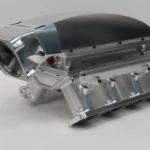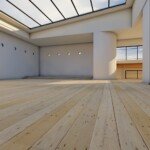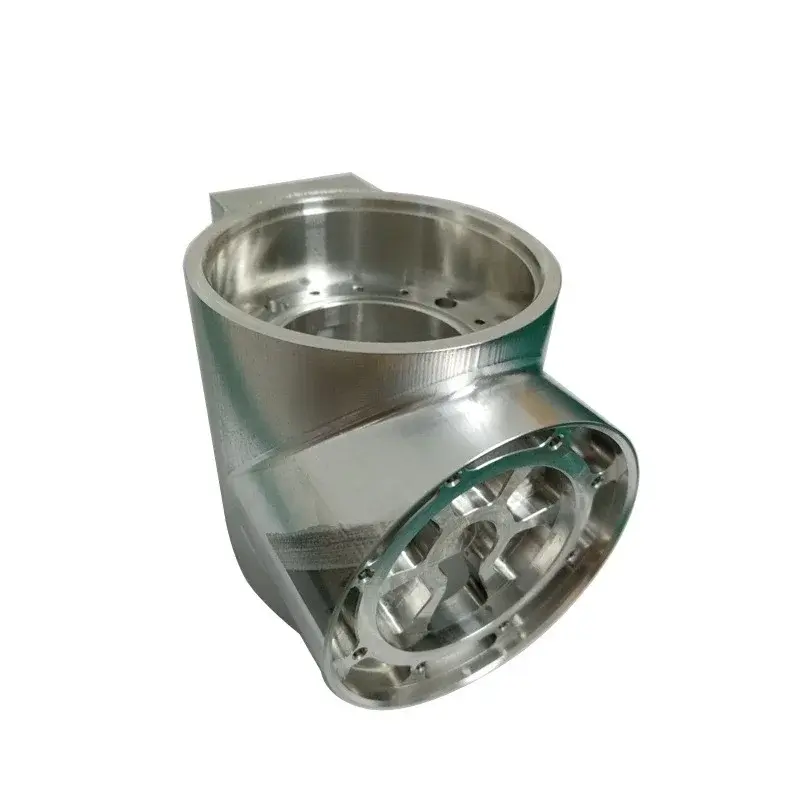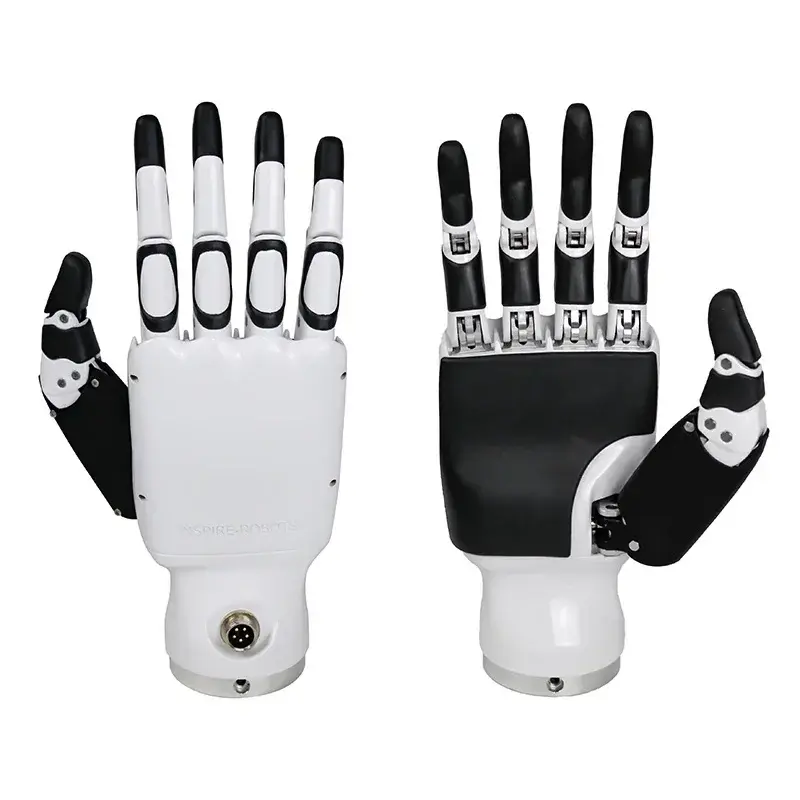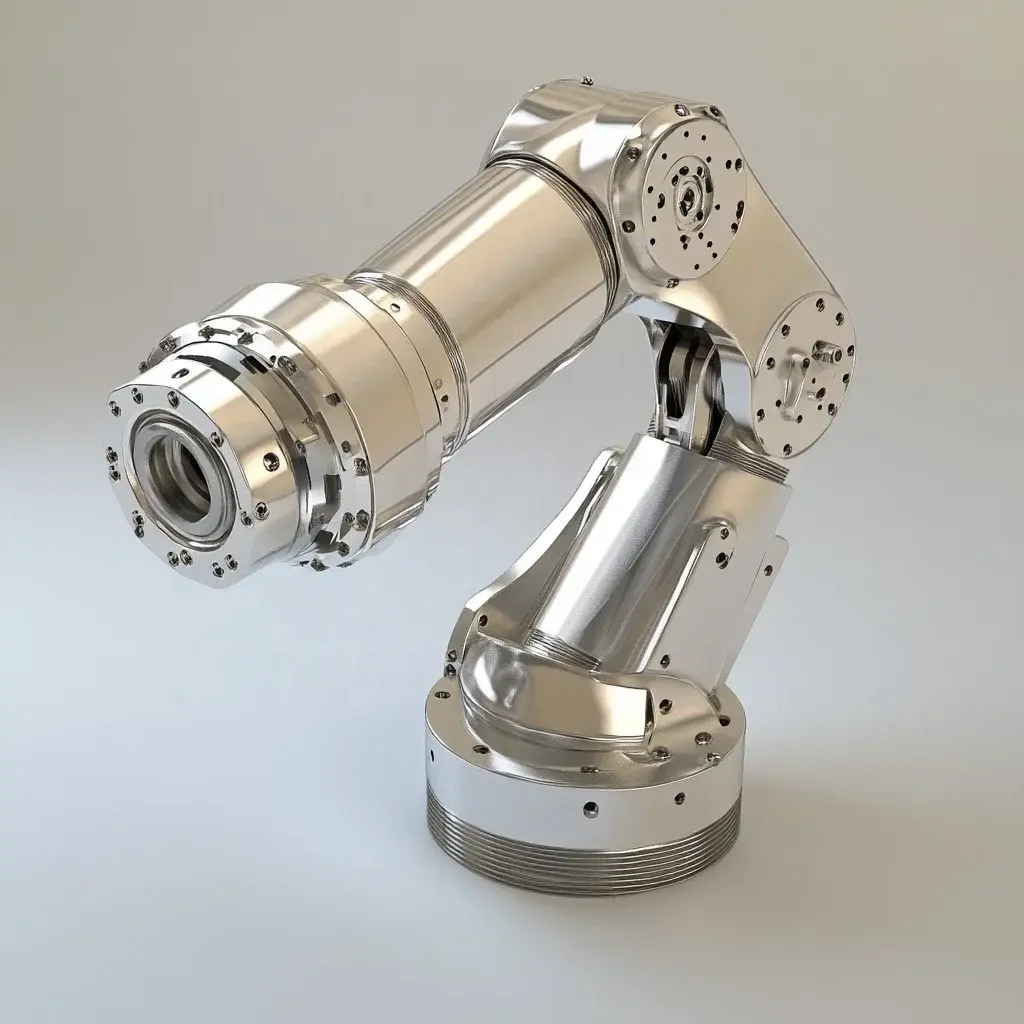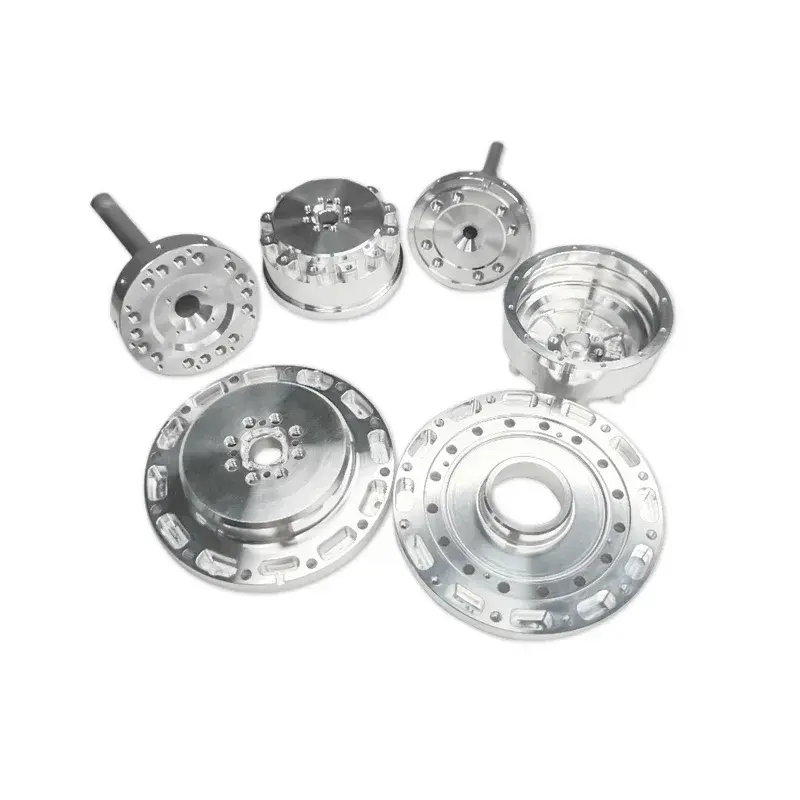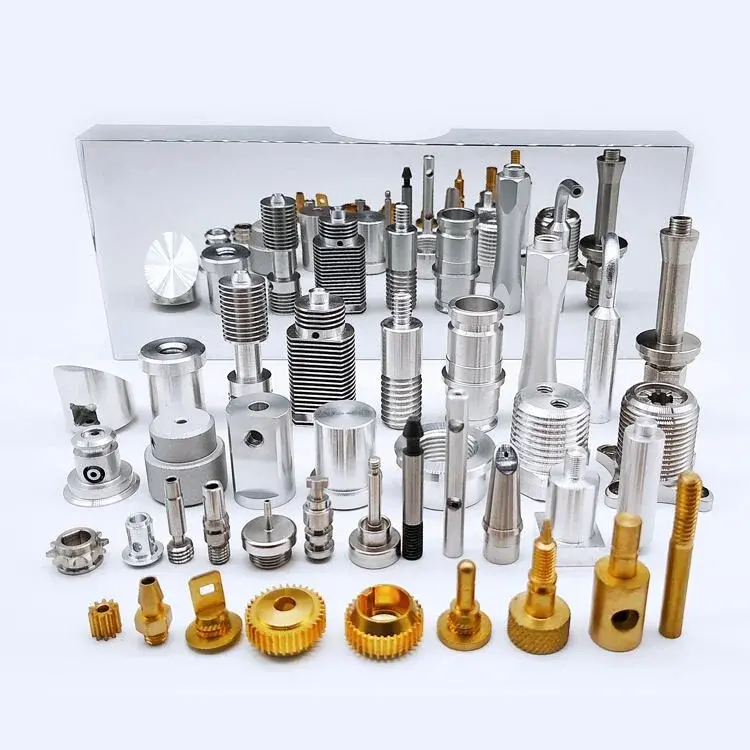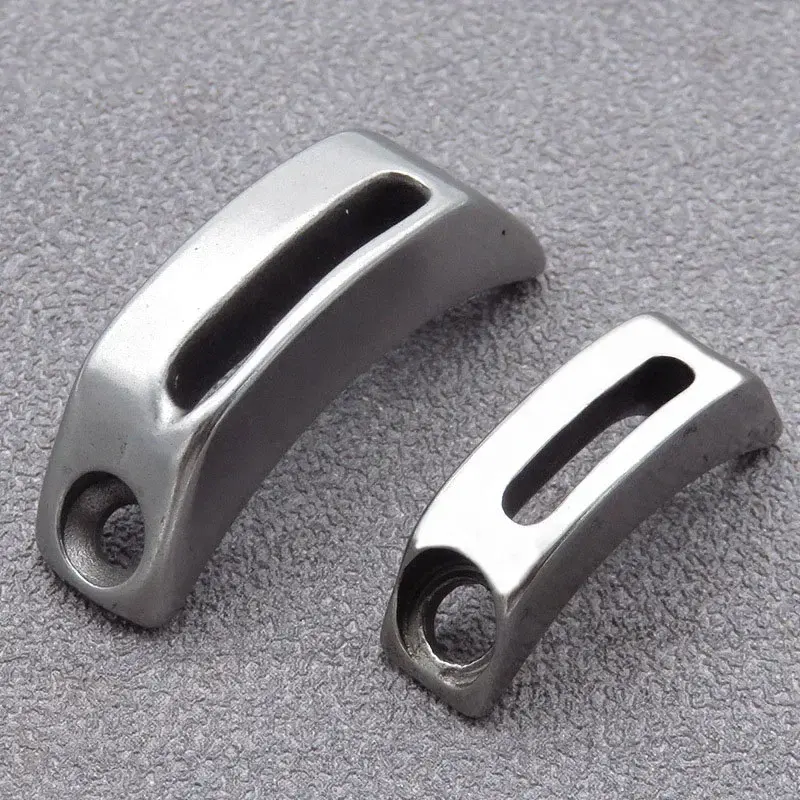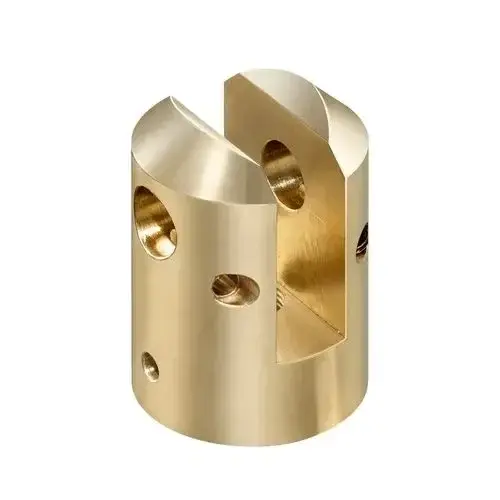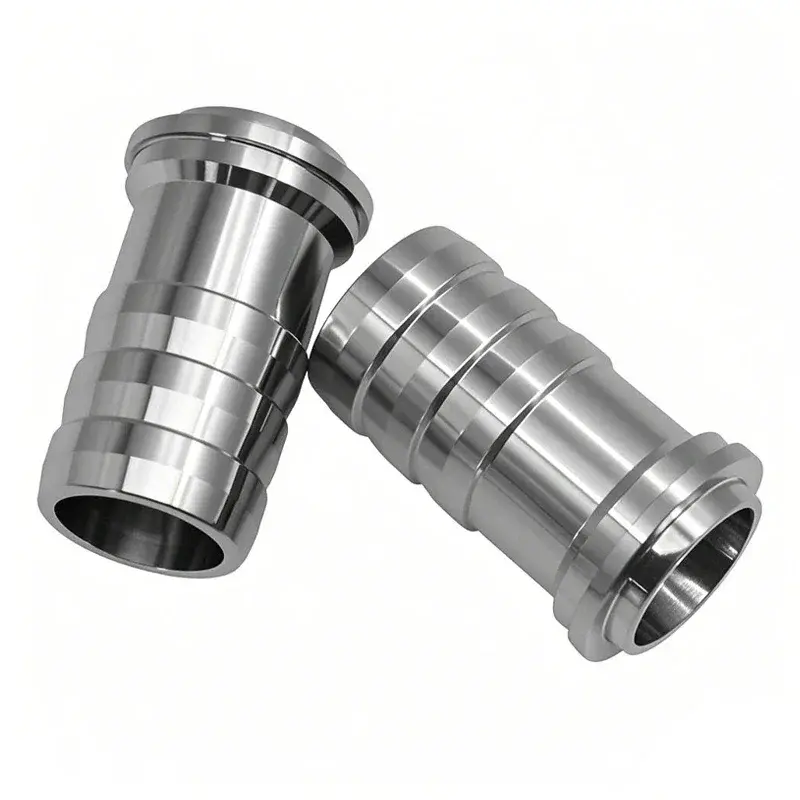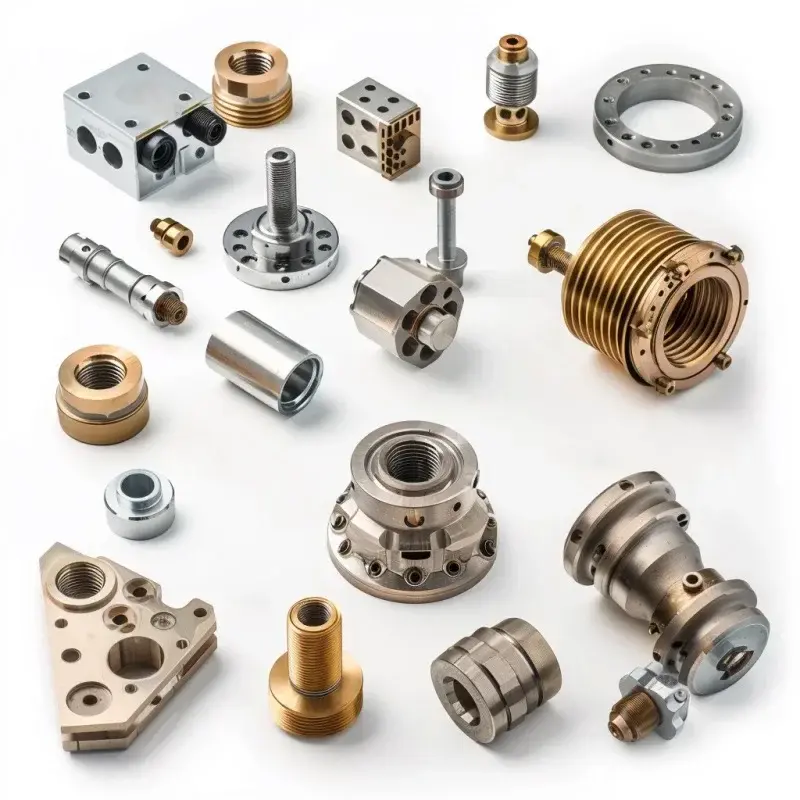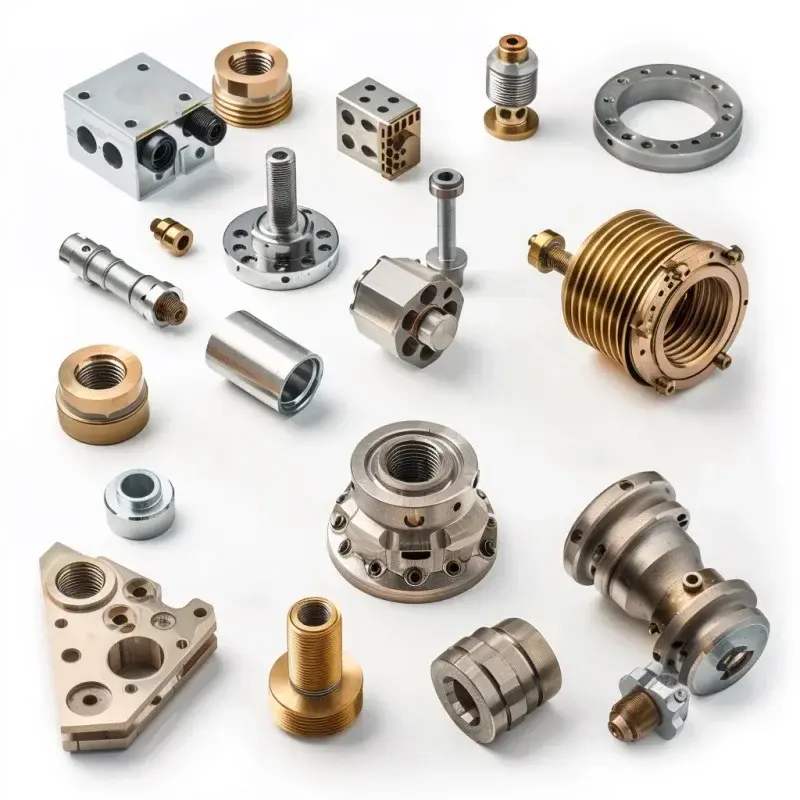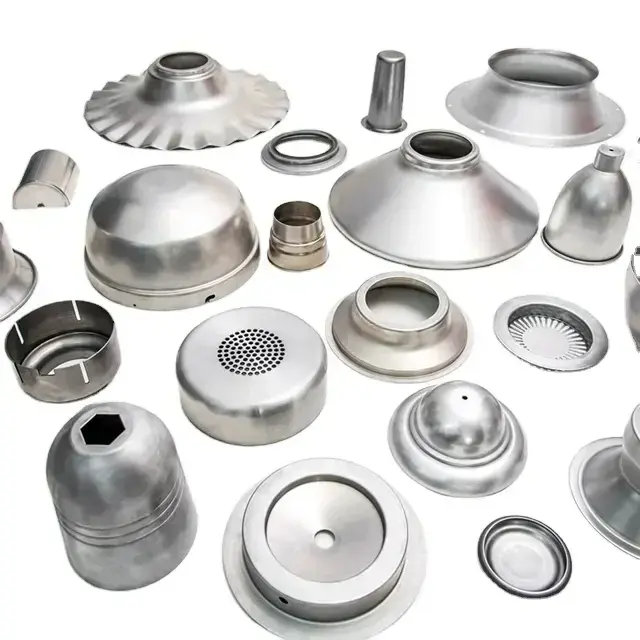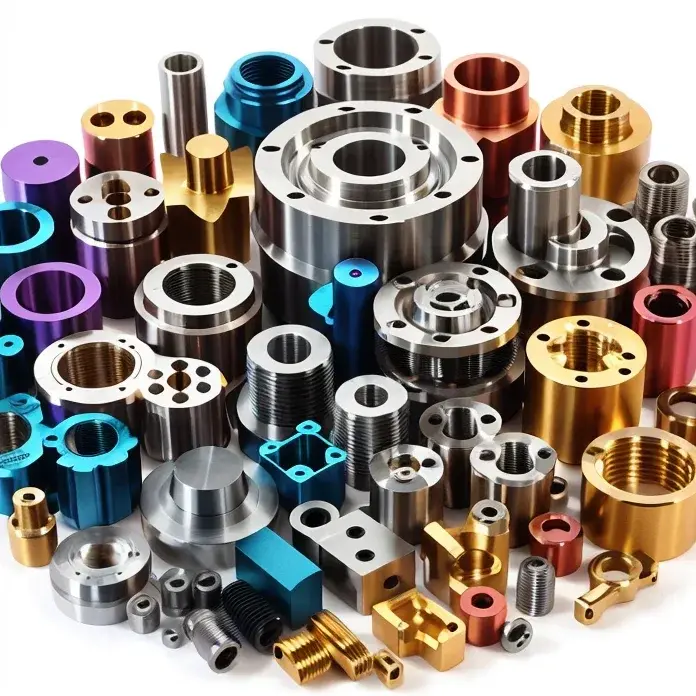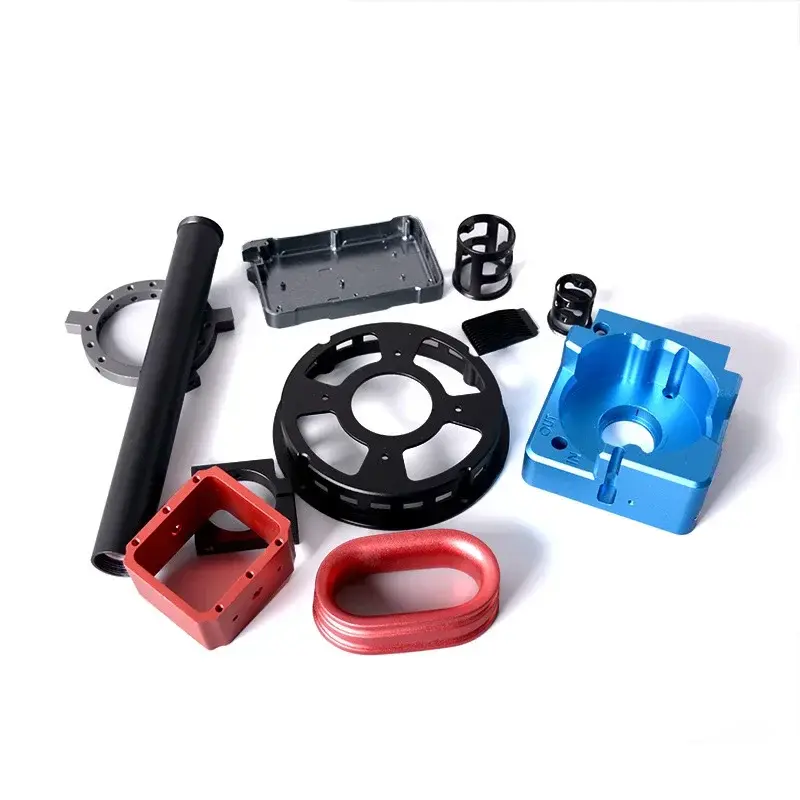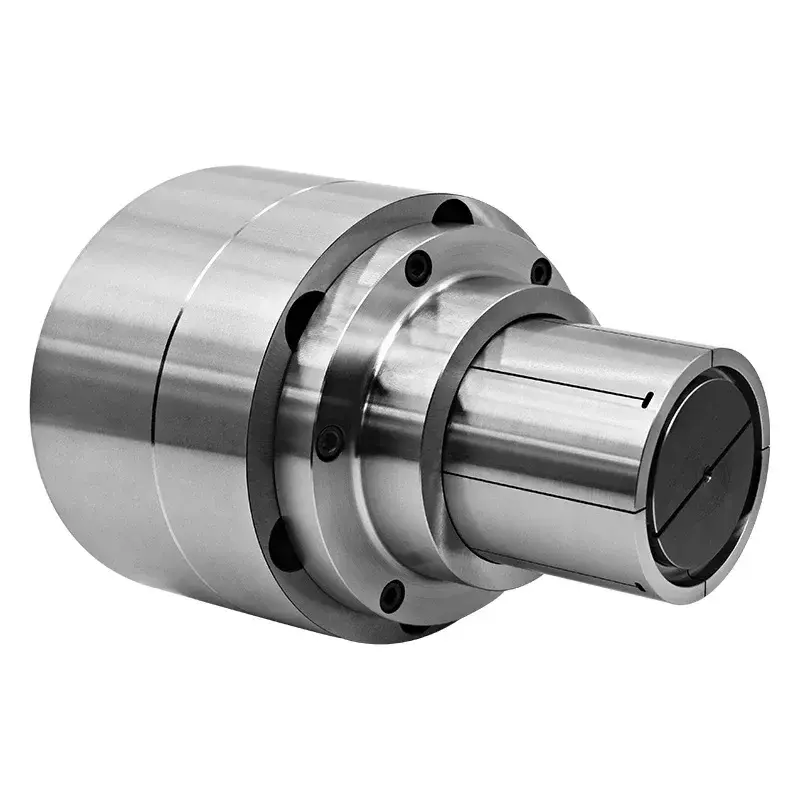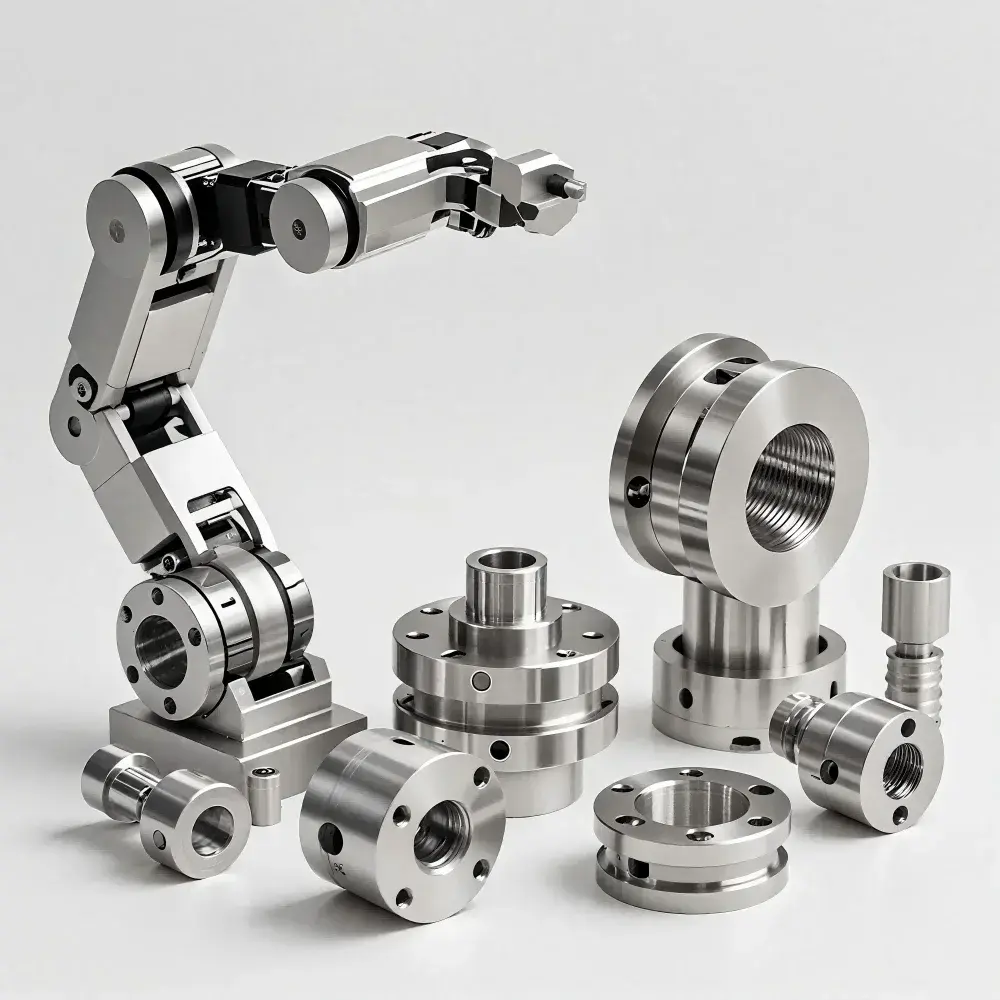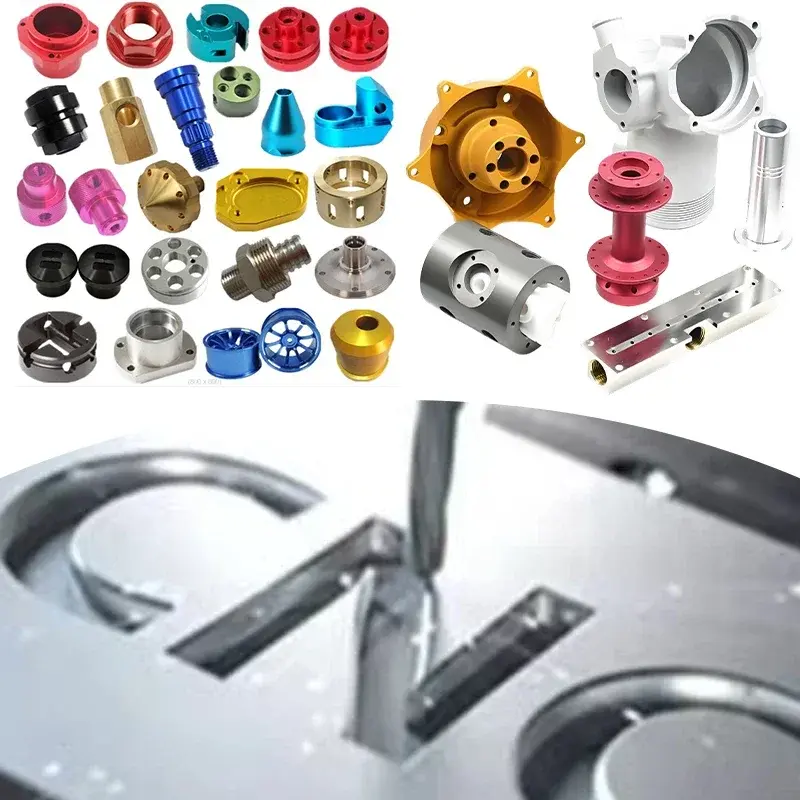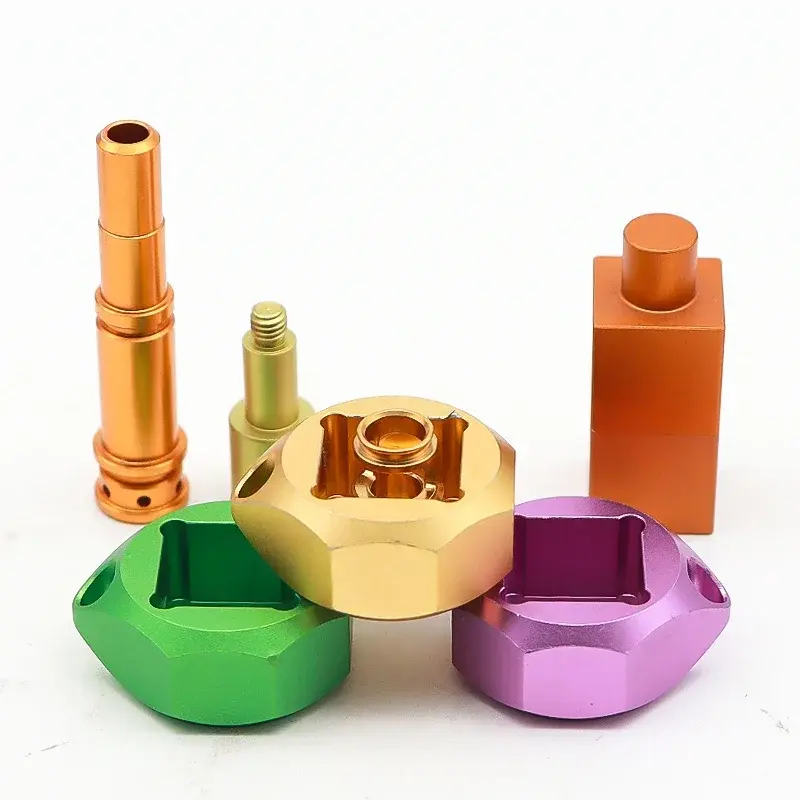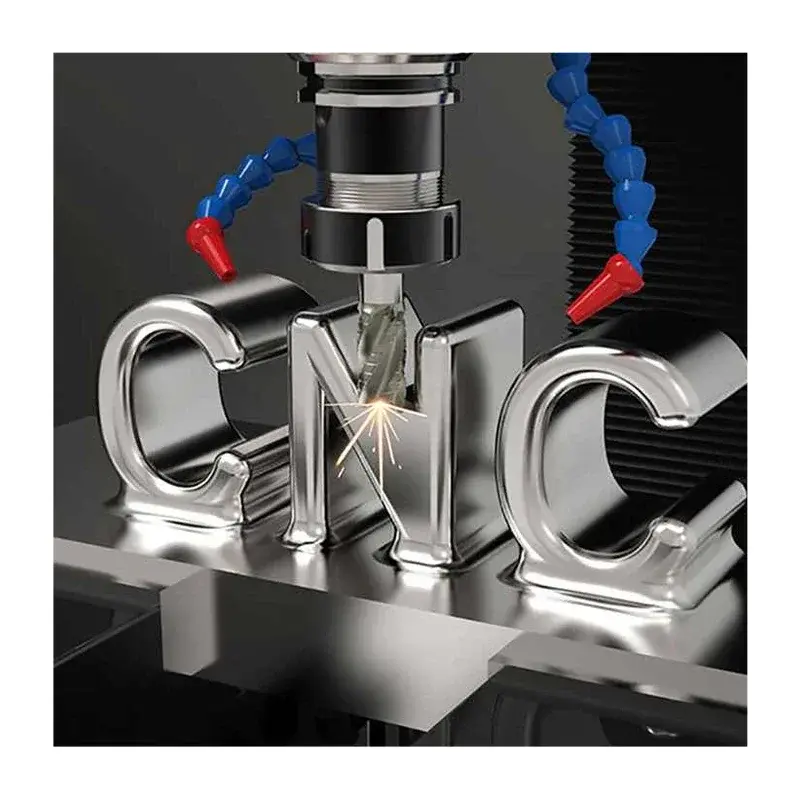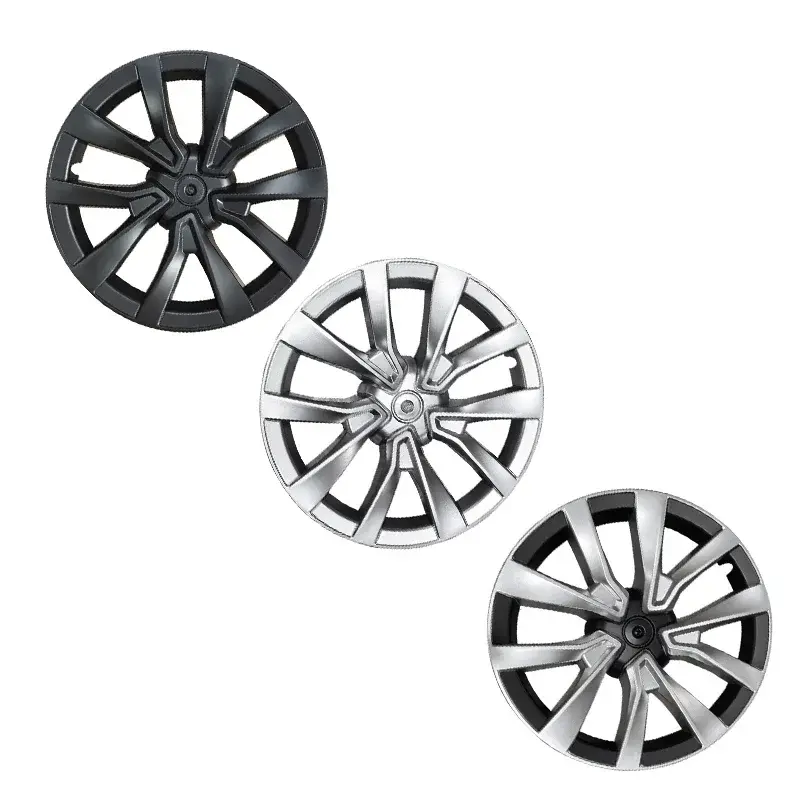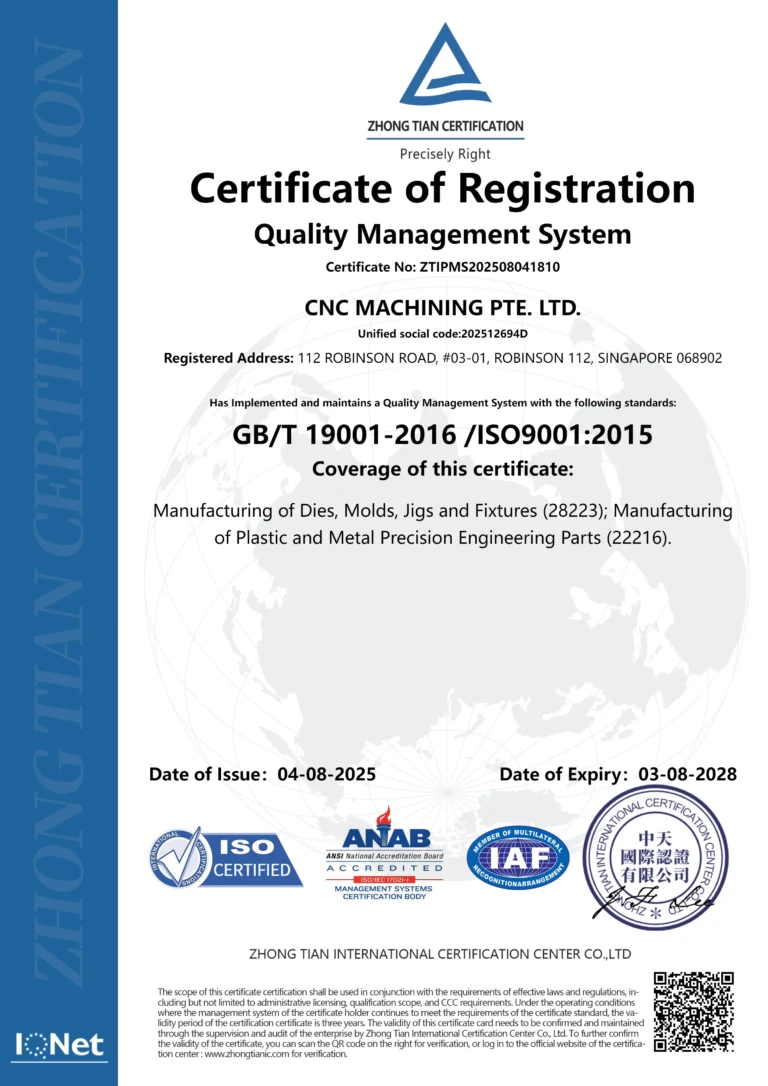Doosan CNC machines are known for their ruggedness, precision and versatility, making them a popular choice for businesses in industries ranging from aerospace to automotive. However, understanding the pricing structure for Doosan CNC machine tools can be complicated, depending on factors such as machine type, specifications, and optional features. This guide is designed to provide a comprehensive overview of Doosan CNC pricing to help you make an informed decision when investing in this critical piece of equipment.
Learn about Doosan CNC machine tool types
Before we dive into pricing, it’s important to understand the different types of Doosan CNC machines. Doosan offers a broad range of products including:
- CNC lathe: These machines are designed for turning operations, where the workpiece is rotated while a cutting tool is used. Lathes come in a variety of configurations, including slant beds, flatbeds and multi-spindle models.
- CNC machining center: These versatile machines are capable of milling, drilling, tapping and other operations. They are available in vertical (VMC) and horizontal (HMC) configurations with different travel distances and spindle speeds.
- CNC turning center: Highly automated, capable of completing multi-task processing in one setup.
- Center lathe: Designed for high-precision, high-volume production of small, complex parts. These often feature a sliding headstock design.
- Special machine: Doosan also offers specialized machines for specific applications, such as deep hole drilling or gear cutting.
Factors affecting the price of Doosan CNC machine tools
There are several factors that affect the final price of Doosan CNC machine tools:
- Machine type and size: Larger machines with greater capacity and features typically cost more. For example, a small CNC lathe is much cheaper than a large horizontal machining center. The travel distance of the machine (X, Y, Z axes) has a huge impact on the price.
- Control system: The CNC control system is the brain of the machine. Doosan typically supplies FANUC and Siemens control systems. More advanced control systems with features such as conversational programming, 3D simulation and high-speed processing command a premium. Newer control versions are generally more expensive than older versions.
- Spindle speed and power: Higher spindle speeds and power ratings can remove material faster and machine tougher materials. Machines with these features will cost more. Horsepower rating and spindle motor type (e.g., direct drive) also affect pricing.
- Number of axes: Machines with more axes of motion (for example, 4- or 5-axis machining centers) offer greater flexibility and can perform more complex operations in a single setup. This additional feature comes at a higher price.
- Tool changer capacity: A larger automatic tool changer (ATC) increases productivity by allowing a wider variety of tools to be used and reducing the need for manual tool changes. The larger the tool magazine, the generally higher the cost.
- Options and accessories: A wide range of options and accessories are available, such as coolant systems, chip conveyors, detection systems, bar feeders and automatic parts loaders. These add-ons increase the functionality of the machine, but also increase the cost.
- Precision and accuracy: Machines designed for high-precision work, with tighter tolerances and greater precision, will generally be more expensive.
- Condition (new vs. used): New machines are always more expensive than used machines. However, used machines may require maintenance or repairs. Be wary of machines that get heavy use and factor maintenance costs into your purchase cost.
- Installation and training: The cost of installation and training may vary depending on the complexity and location of the machine. Take these costs into account, especially the cost of shop personnel.
Doosan CNC Machine Price Range: A General Guide
It’s difficult to provide accurate pricing without knowing the specific model and configuration you’re interested in. However, here is a general idea of the price range for different types of Doosan CNC machine tools:
- Small CNC lathe: $40,000-$100,000+
- Medium CNC lathe: $80,000 – $250,000+
- Large CNC lathe: $200,000 – $600,000+
- Vertical machining center (VMC): $60,000 – $300,000+
- Horizontal machining center (HMC): $150,000 – $800,000+
- Center lathe: $150,000 – $500,000+
- 5-axis machining center: $250,000 – $1,000,000+ (or even higher)
Where to buy Doosan CNC machine tools
Doosan CNC machine tools are usually sold through authorized dealers. Contacting a Doosan dealer is the best way to obtain accurate pricing information and discuss your specific needs. You can find a list of authorized dealers on the Doosan Machine Tools America website or the Doosan Machine Tools Europe website.
Alternatives to Purchasing Doosan CNC Machine Tools
If purchasing a new Doosan CNC machine is not an option, consider the following alternatives:
- Second-hand Doosan CNC machine tools: Buying a used machine can save you a lot of money. However, please inspect the machine carefully and make sure it is in good working order. Consider potential repair and maintenance costs.
- CNC machining services: Outsourcing your CNC machining needs to a service provider can be a cost-effective option, especially for low-volume production or specialized projects. This eliminates the need for capital investment in equipment, training and maintenance.
Gretel: Your precision machining partner
Honglaite is a five-axis CNC machining manufacturer specializing in the manufacturing of high-precision metal parts. Using advanced five-axis CNC machining equipment and production technology, Honglaite provides solutions for complex metal parts. Honglaite provides comprehensive one-stop post-processing and finishing services. With the ability to quickly customize and machine most materials, GreatLight five-axis CNC machining is the first choice for custom precision parts at competitive prices.
in conclusion
Investing in Doosan CNC machine tools is a big decision. By understanding the different machine types, the factors that affect price, and the alternatives available, you can make an informed choice that fits your business needs and budget. Please remember to contact an authorized Doosan dealer for the most accurate pricing and to discuss your specific requirements. Additionally, consider outsourcing your processing needs to a reliable partner like GreatLight who can offer competitive pricing and quick turnaround. When analyzing costs, be sure to factor tool consumption, labor costs, electricity and other peripheral costs into your overall machining budget. This number, minus the revenue that processing can generate, will allow you to better predict return on investment.
Frequently Asked Questions (FAQ)
-
What is the typical service life of Doosan CNC machine tools?
With proper maintenance, Doosan CNC machine tools can last 10-20 years or even longer. Regular maintenance, proper lubrication and timely repairs are critical to maximizing the service life of your machine.
-
What kind of maintenance do Doosan CNC machine tools require?
Regular maintenance includes lubricating moving parts, cleaning the machine, checking and replacing filters, checking and adjusting belts and pulleys, and calibrating the machine. It is critical to follow the manufacturer’s recommended maintenance schedule.
-
How do I choose the Doosan CNC machine that suits my needs?
Consider the type of part you will machine, the materials you will use, the precision and accuracy required, throughput, and your budget. Consulting a Doosan dealer or processing expert can help you determine the best machine for your specific application.
-
Are there financing options for Doosan CNC machines?
Yes, financing options are usually available through your Doosan dealer or a third-party lender. These options can help you spread the cost of your machine over time.
-
What are the benefits of using a five-axis CNC machine?
5-axis CNC machines offer greater flexibility, allowing more complex geometries to be machined in a single setup. This reduces the need for multiple setups, improves accuracy, and reduces cycle time.
-
What is the difference between VMC and HMC?
A vertical machining center (VMC) has a vertical spindle, while a horizontal machining center (HMC) has a horizontal spindle. HMC is typically used to machine larger parts and provides better chip evacuation. VMCS is better suited for smaller, more complex parts.
-
How do control systems affect machine costs?
A CNC machine tool’s control system affects its usability, functionality, and overall price. Modern systems often support conversational programming, 3D simulations, and high-speed processing, which come at a high cost due to increased computing power and advanced capabilities.
-
Does purchasing a Doosan CNC machine tool include training?
In most cases, basic training is included with the purchase of a new Doosan CNC machine. However, more advanced training is available as an add-on service. Make sure your operators have the proper training to maximize your machine’s potential and prevent damage.
-
What type of warranty does Doosan CNC machine tools offer?
Warranty terms vary by model. Typically, the warranty period for new machines ranges from one to two years. Extended warranty options are usually available for purchase based on your machine requirements. See your authorized dealer for specific details on the warranty offered.
-
How can GreatLight help me with my processing needs?
Honglaite provides professional five-axis CNC machining services for custom metal parts. We have advanced equipment, experienced mechanics and a commitment to quality. We can handle complex geometries and tight tolerances to provide you with high-precision parts at competitive prices.






